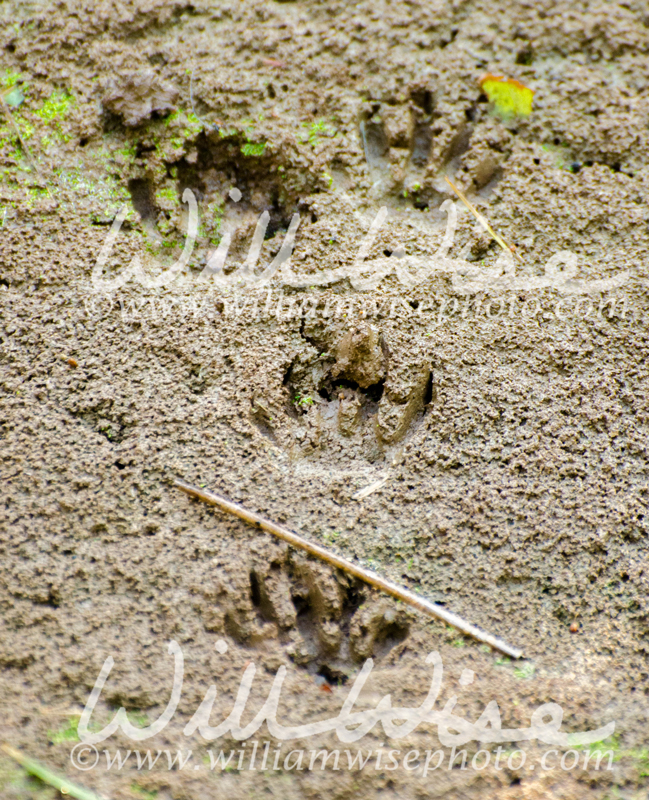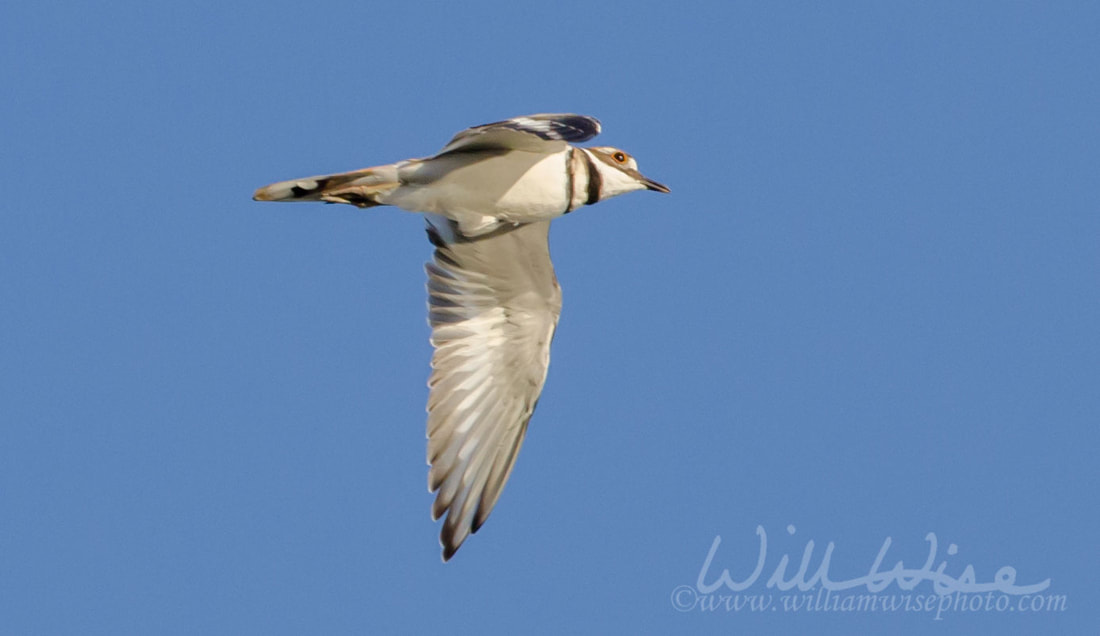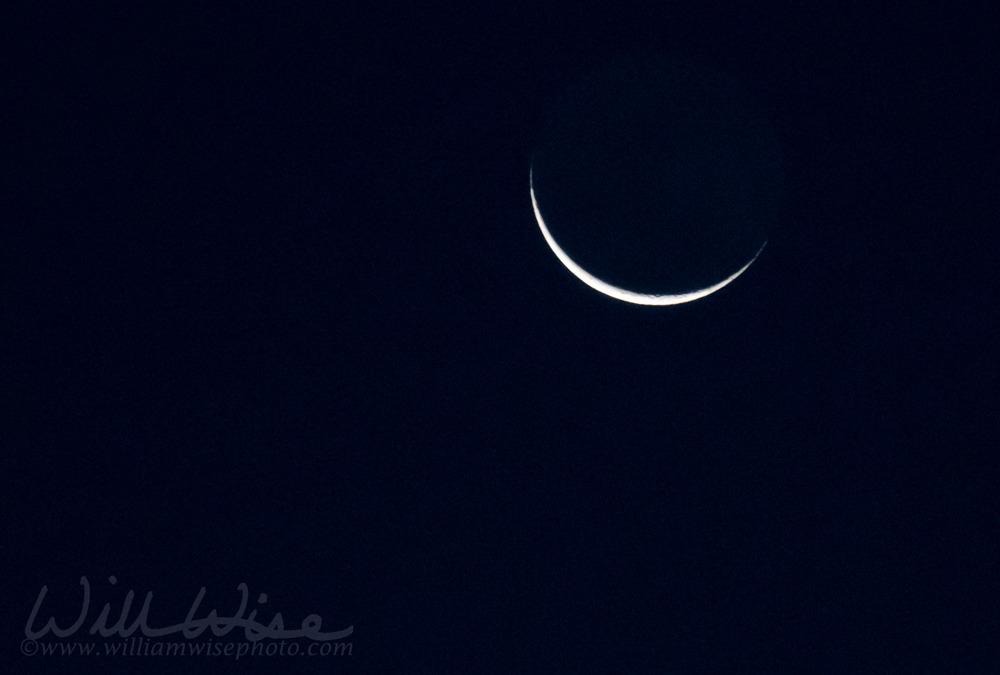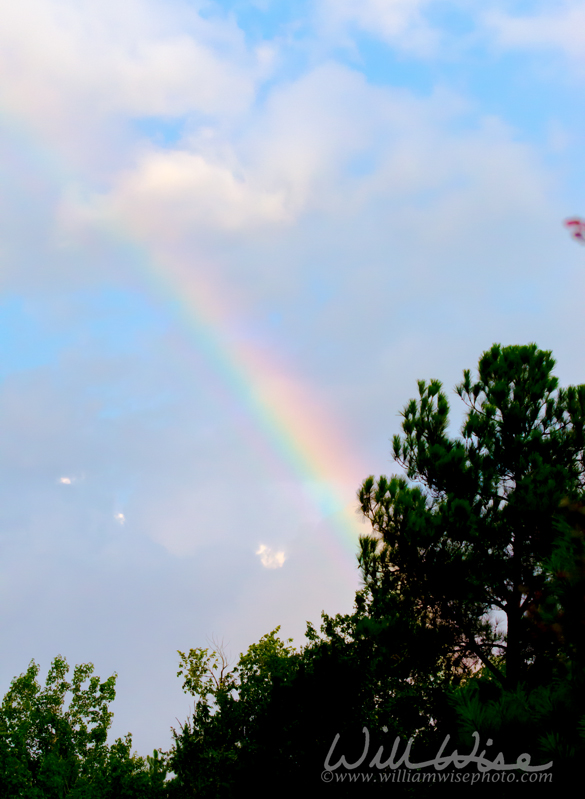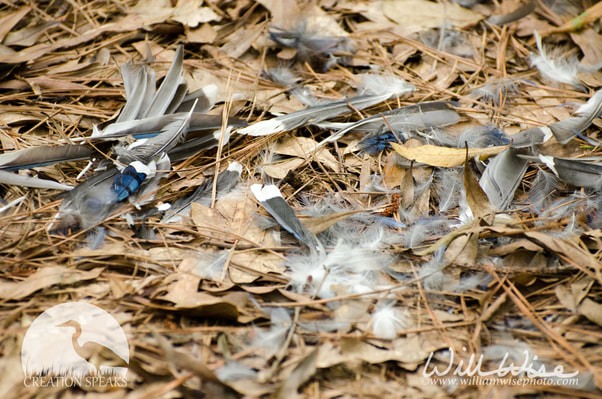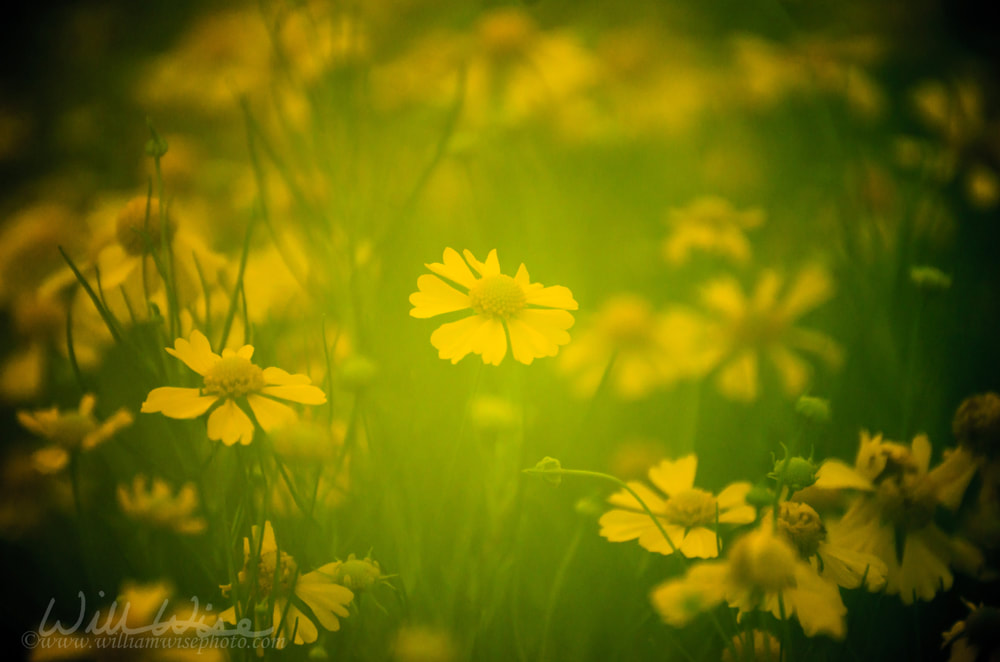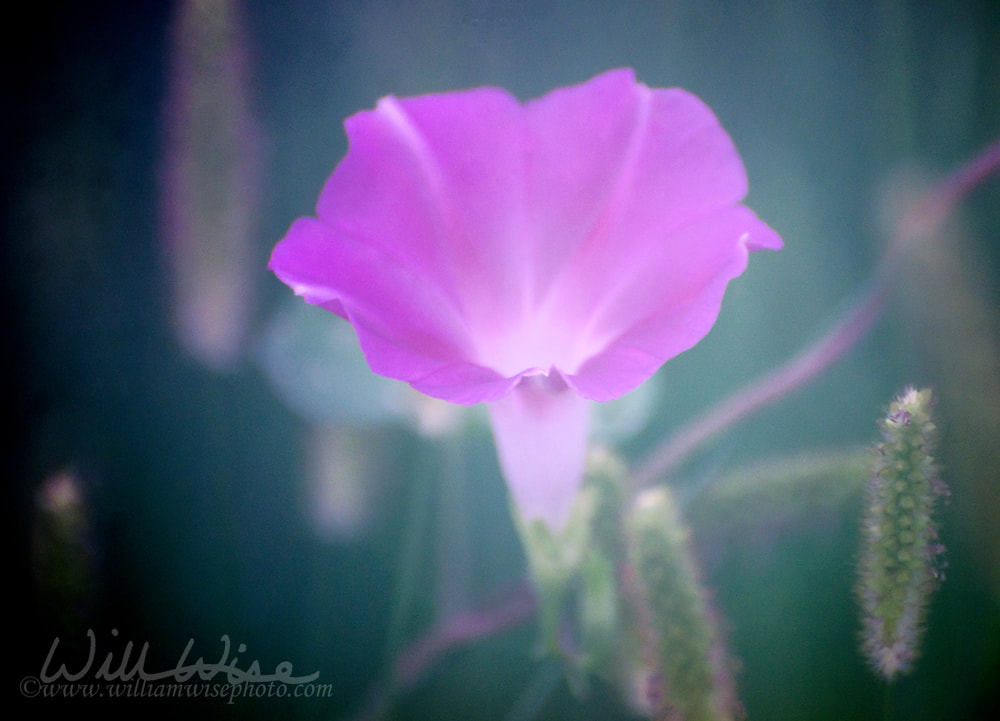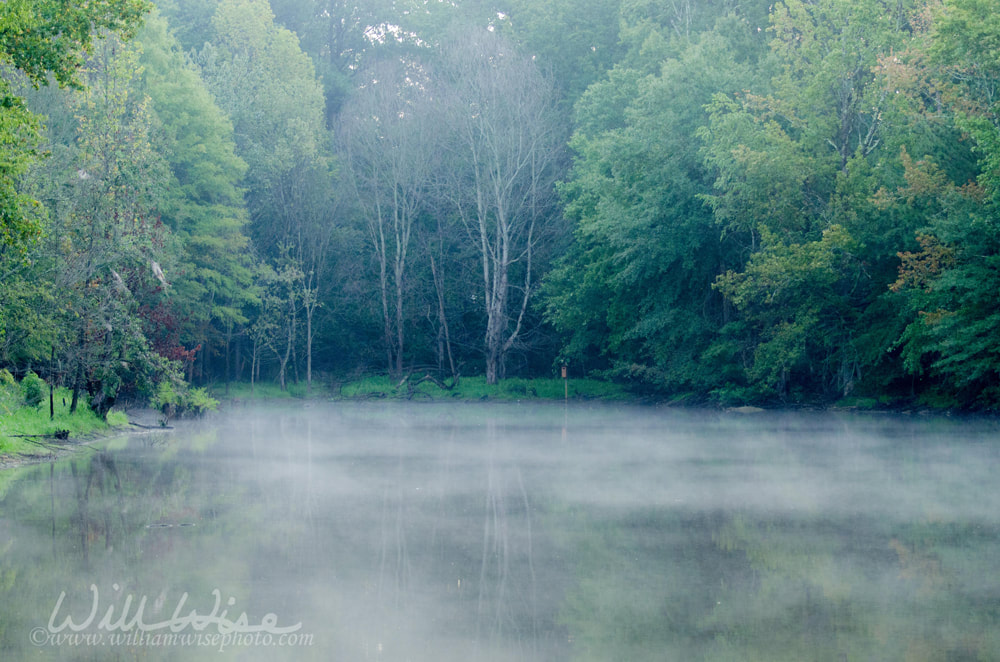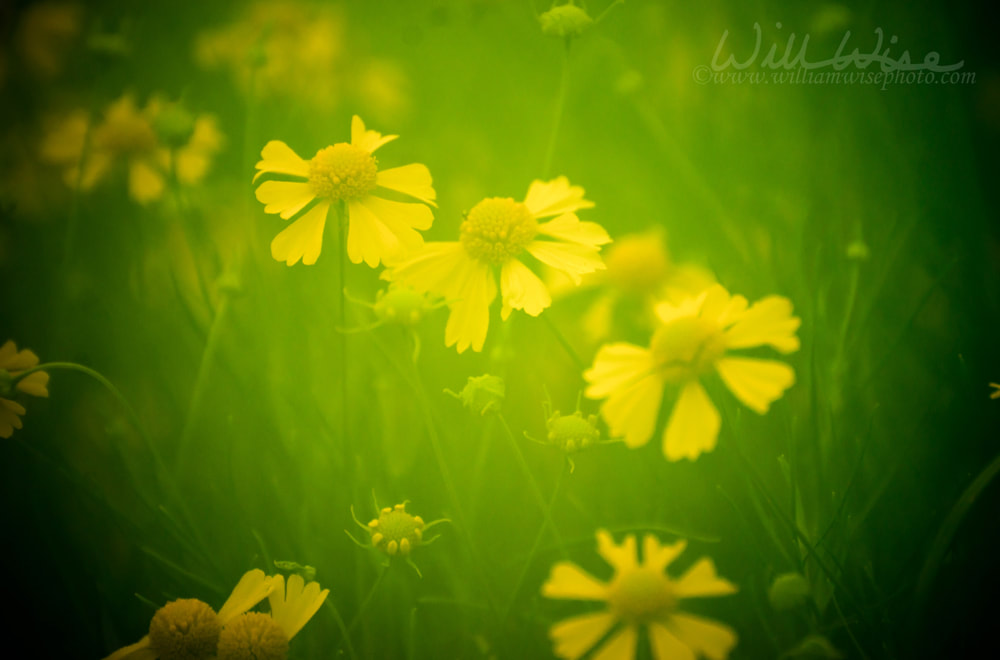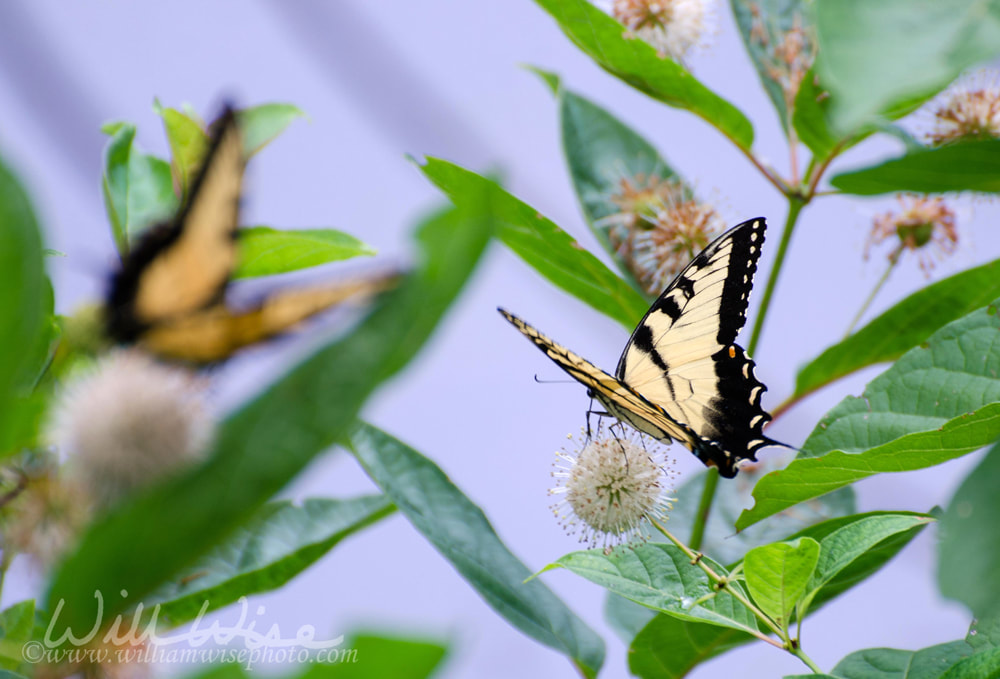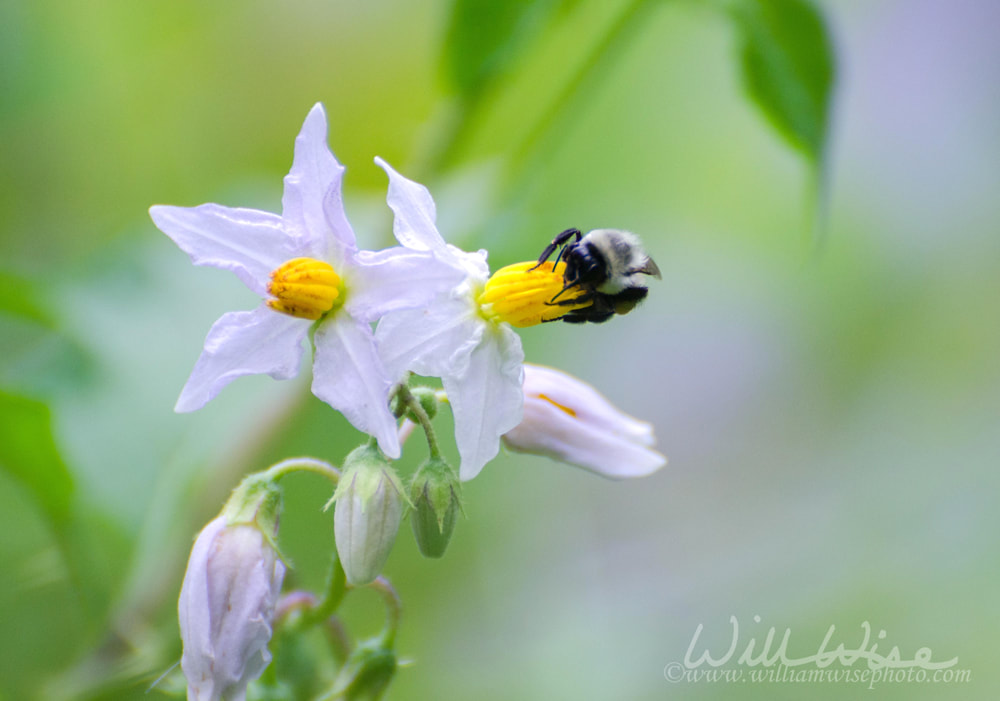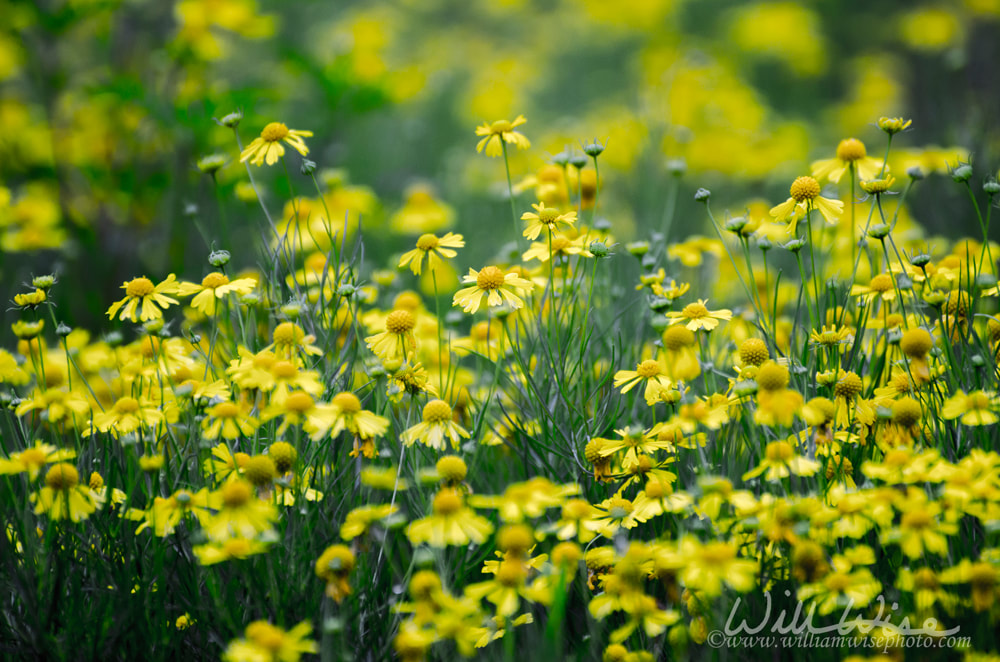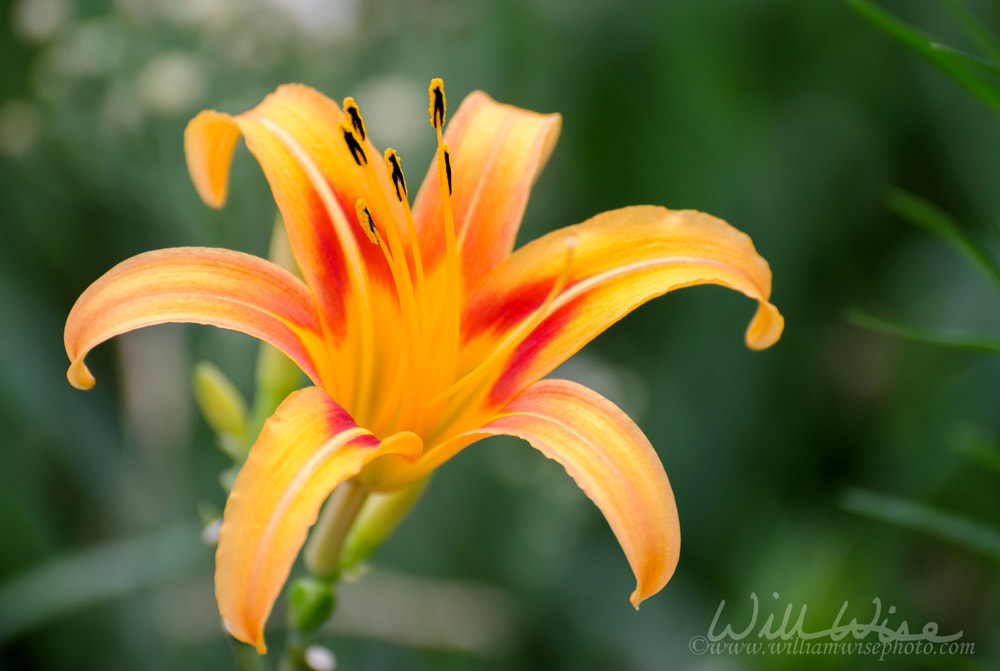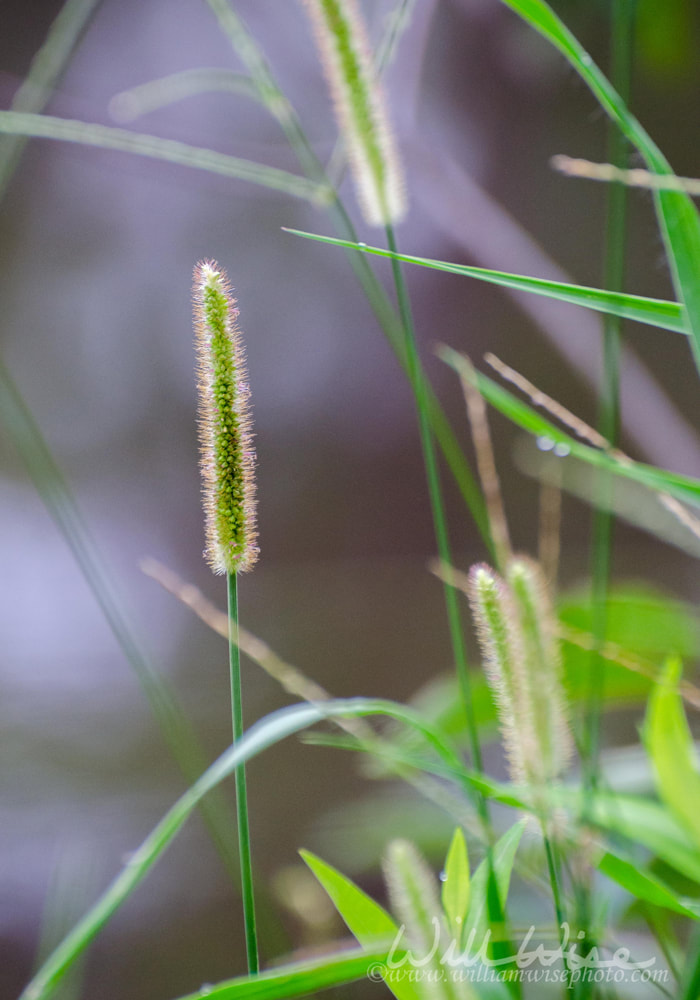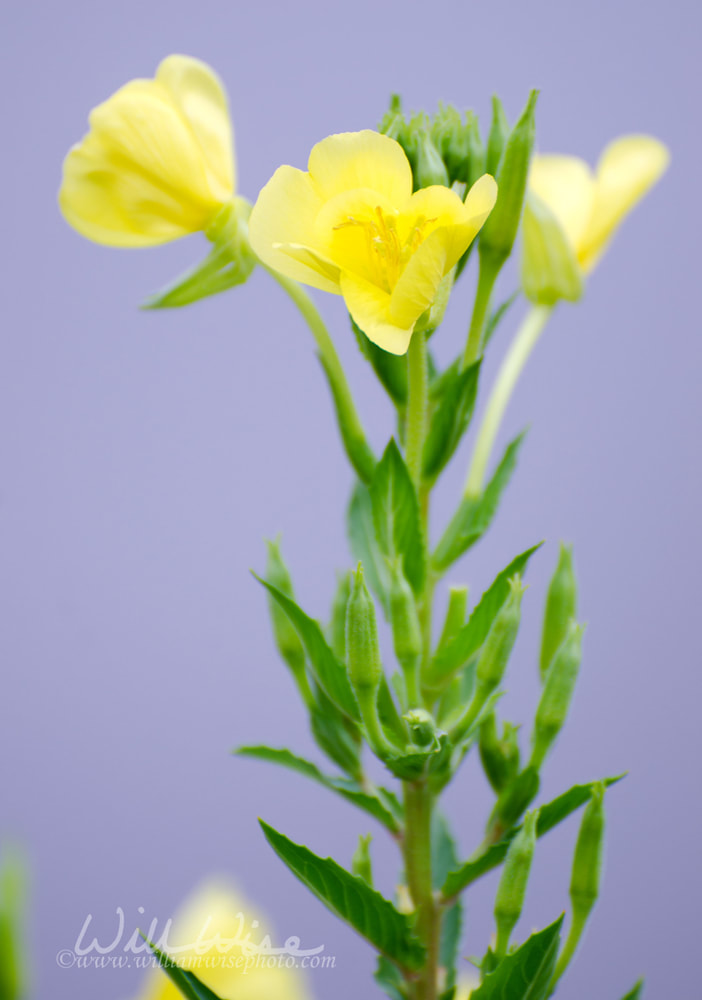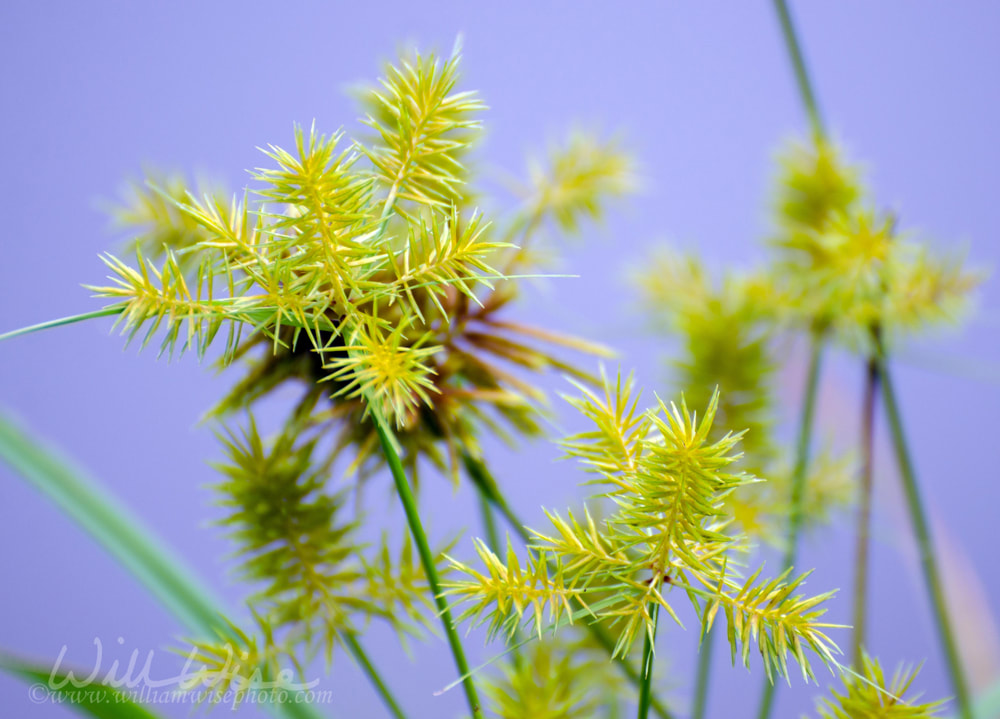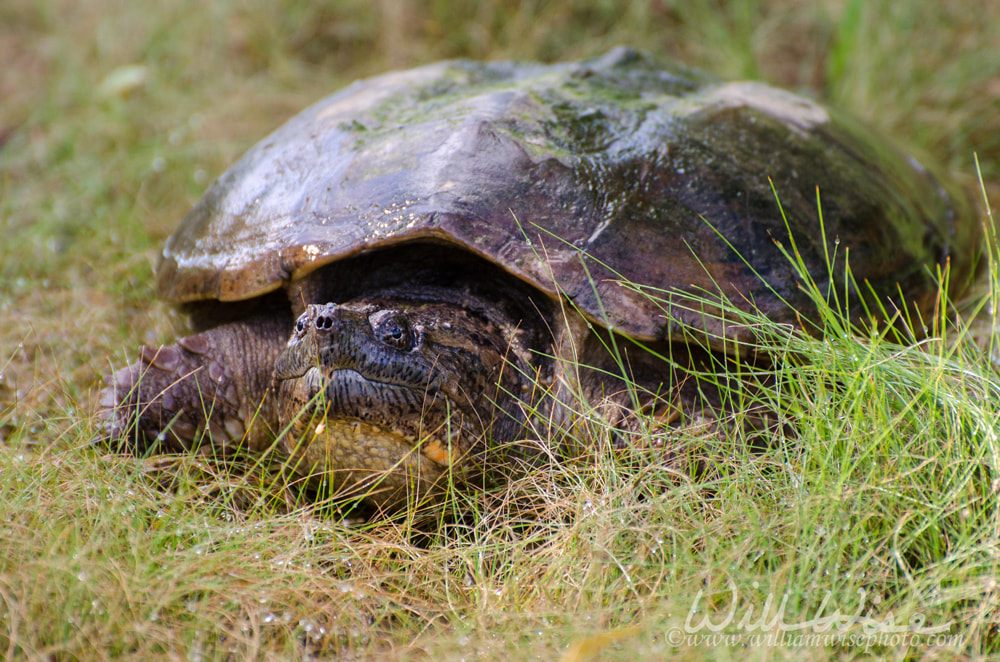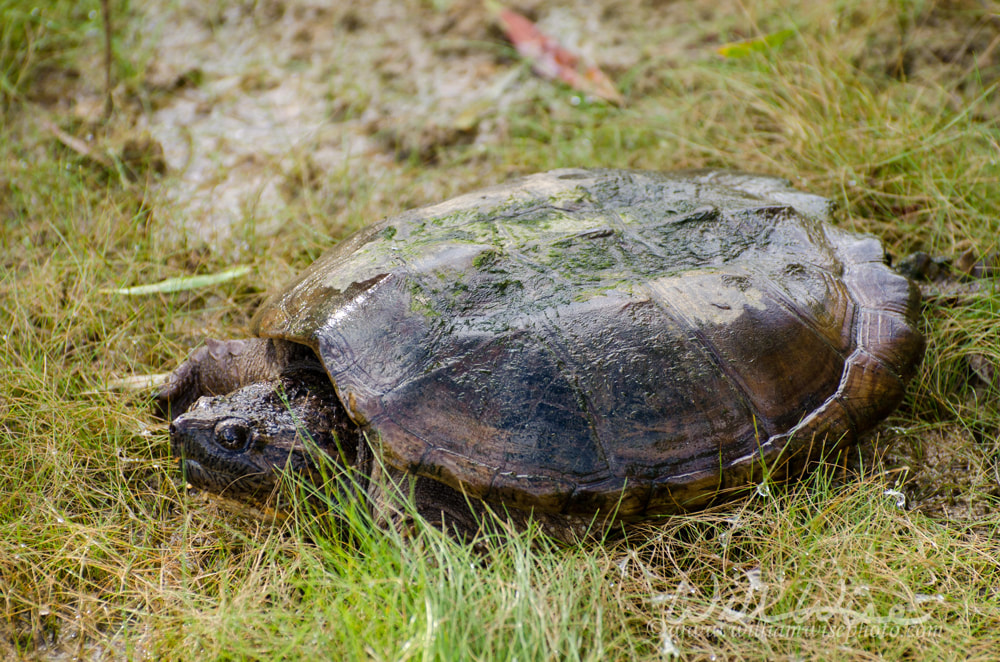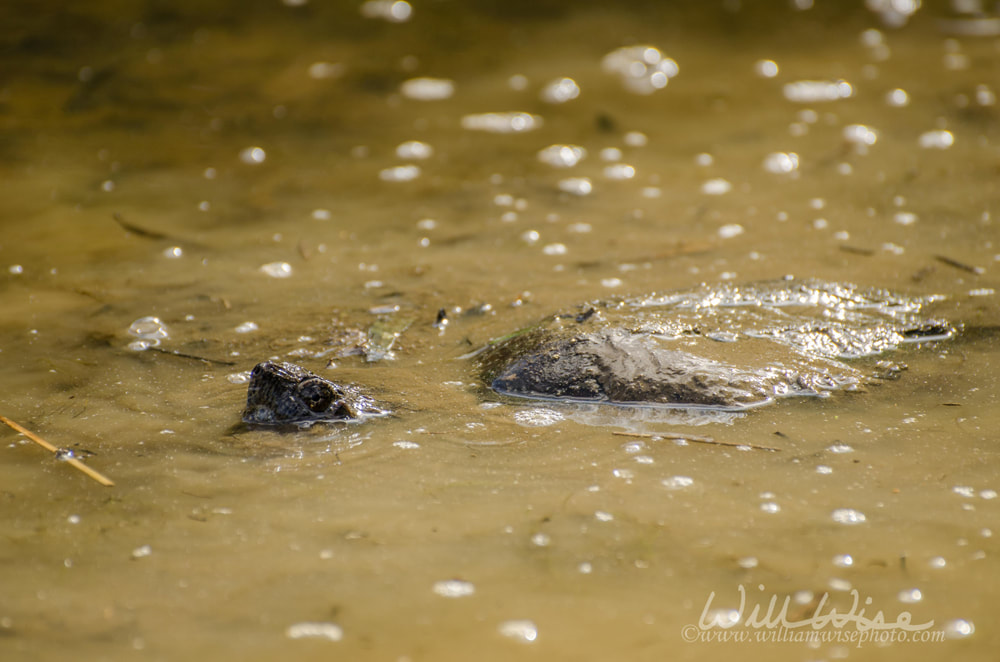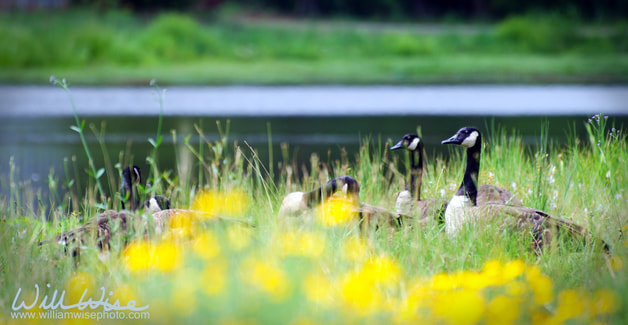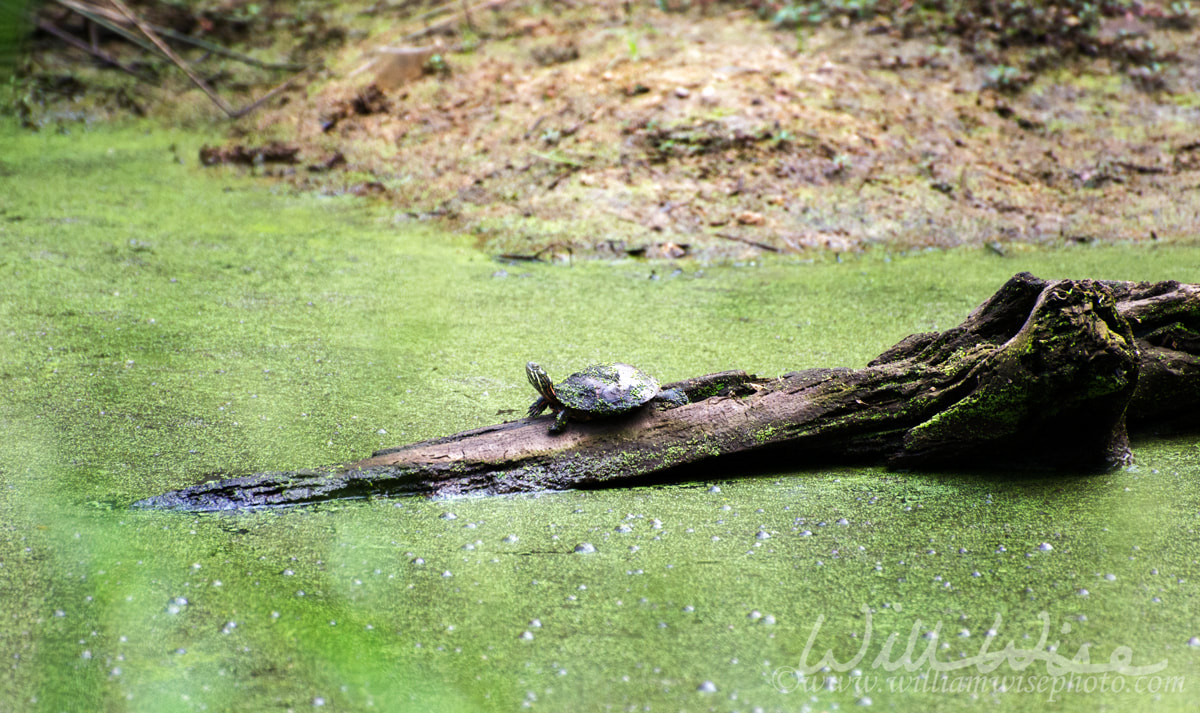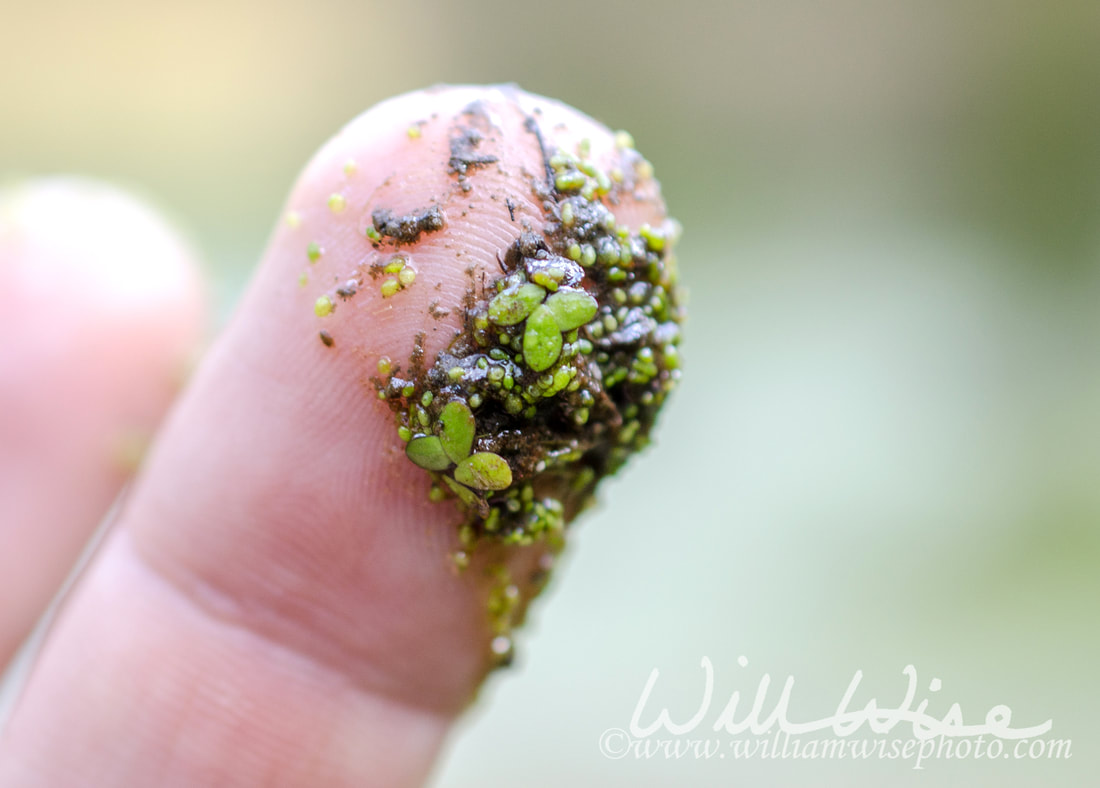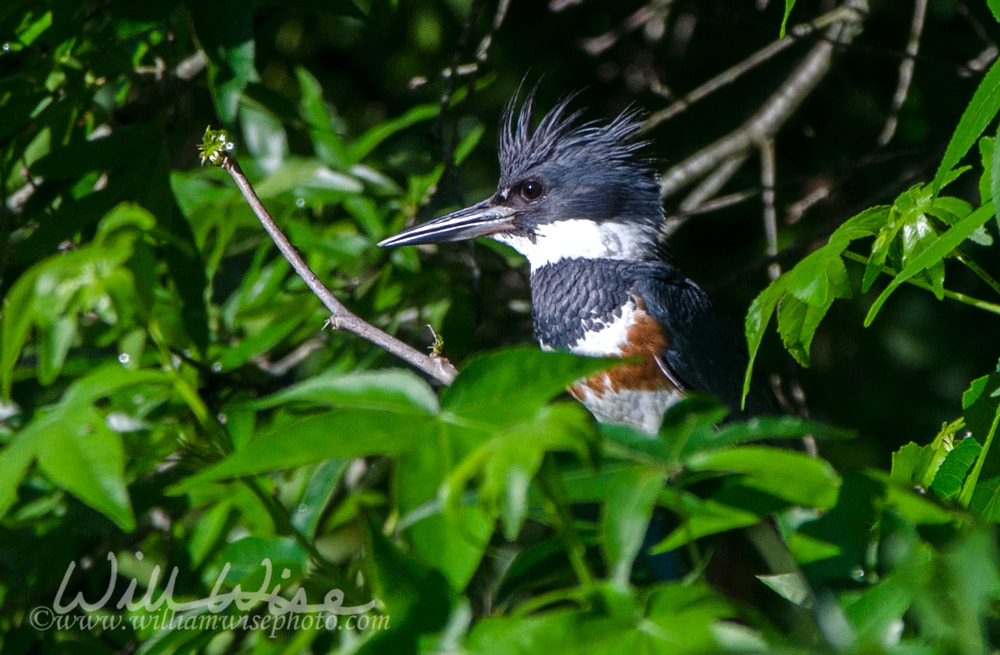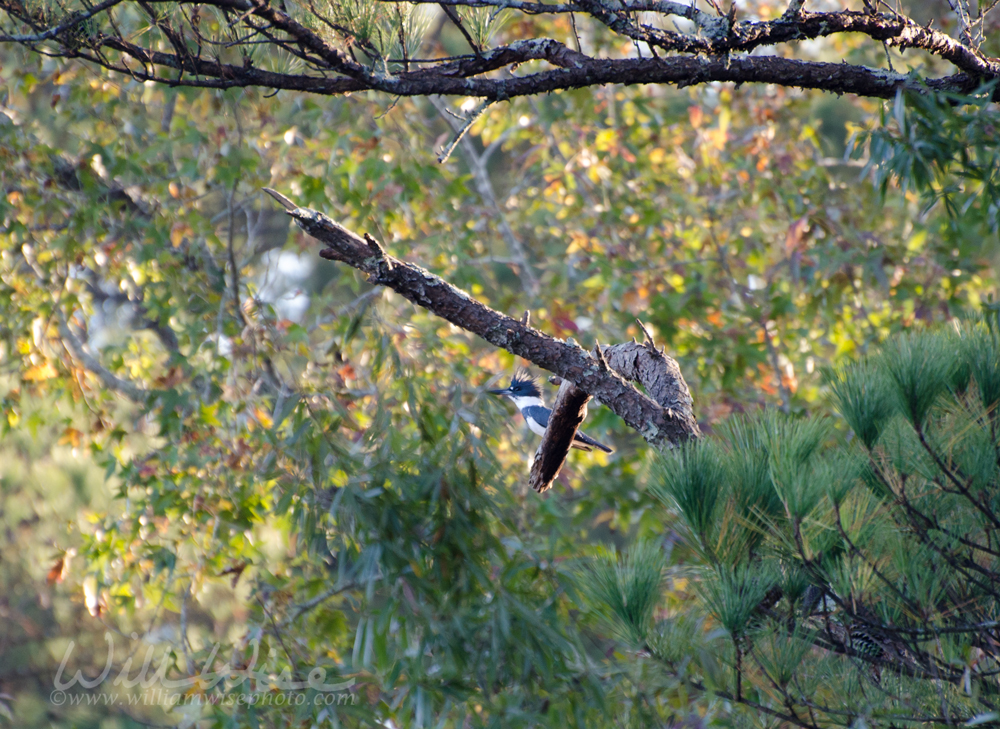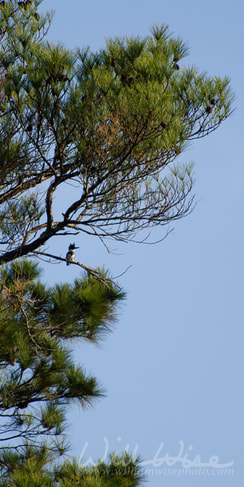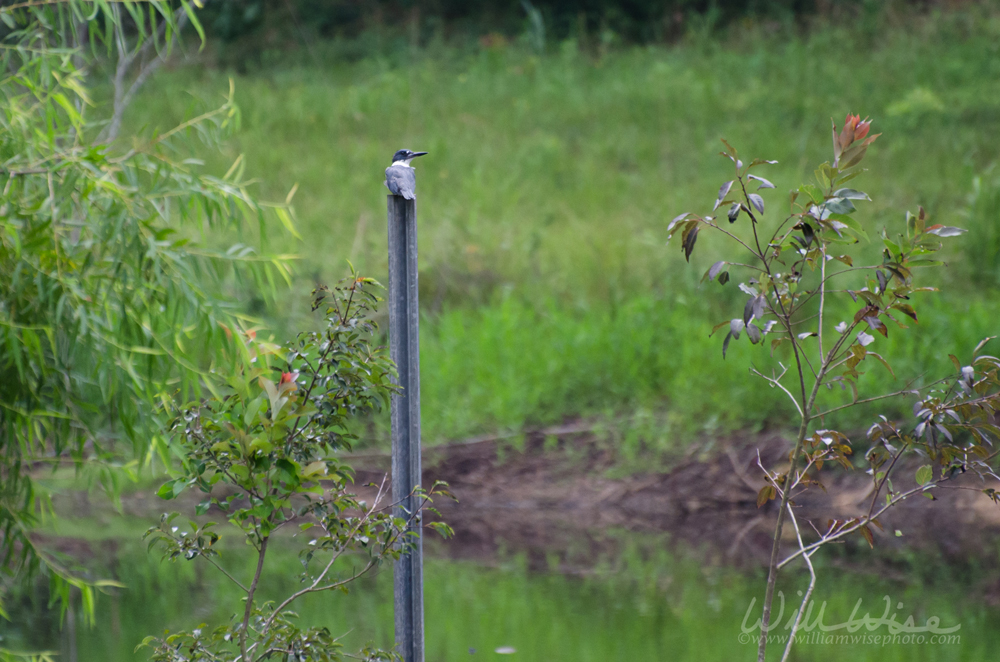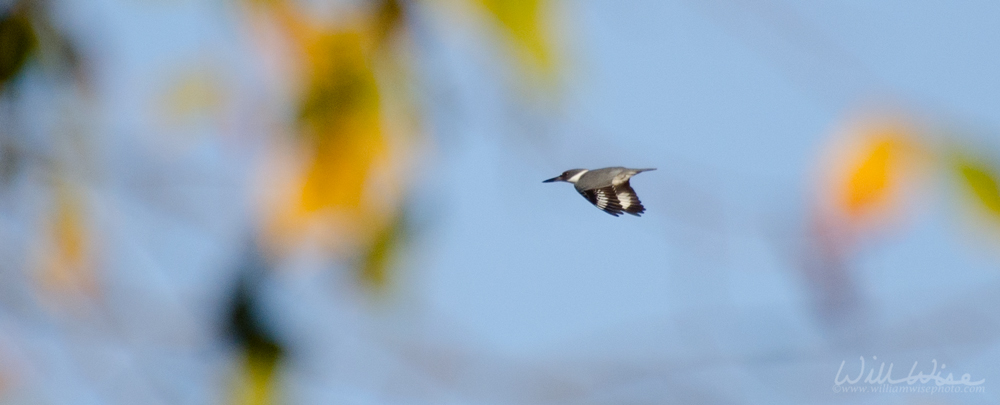 Creation Speaks is a Biblical teaching ministry that uses nature writing and photography to glorify our Creator and teach the truth of creation. “But ask the animals, and they will teach you, or the birds in the sky, and they will tell you; or speak to the earth, and it will teach you, or let the fish in the sea inform you. Which of all these does not know that the hand of the Lord has done this?" Job 12:7-9 Tuesday, 8:32 AM - The mowers passed by the shelter ponds yesterday, making a clear view into the swampy area by the firing range. A raccoon made a clear impression in the mud at some point overnight. True, I never saw the raccoon, but his prints were unmistakable and could not be confused with any other animal.
What kind of impression am I leaving behind? Are my emails and conversations scathing or uncaring? Do I leave a clean print, or are my hands muddied like a raccoon in the mud? Even if they don’t know me directly, am I making a lasting and edifying mark on someone else’s life?
0 Comments
I want to thank Lee's Birdwatching Adventures for guest posting this blog! Lee's website is about birding from a Christian perspective and has years of articles and content from Lee and other creationists and birders. 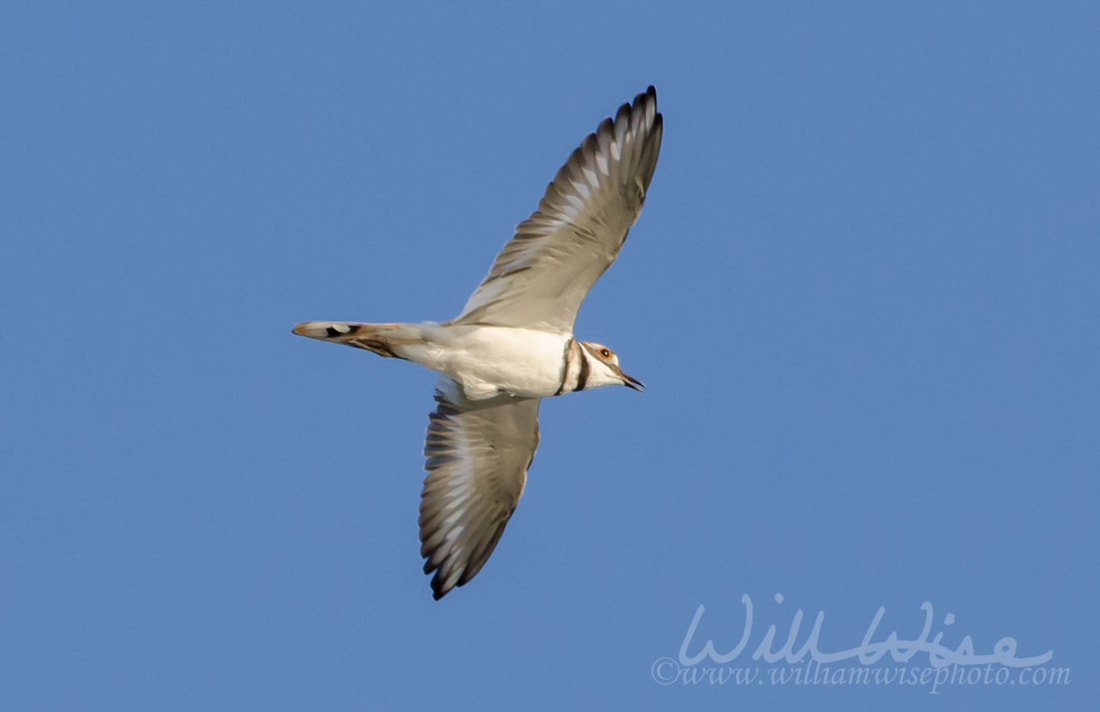 Killdeer Bird in Flight. Killdeer (photo #201608064). Support my work by downloading this photo at www.dreamstime.com. 100% of funds go back into shelter adoption photography and education programs. Tuesday, 8:20 AM - As I walked out behind the shelter, my attention couldn’t help but be drawn to a noisy bird circling over the Public Works building. One of the Killdeer that is normally darting around on the ground in our parking lot was flying through the air and shouting its name. Peterson's Field Guide describes its call as, "a loud, insistent kill-deeah, repeated." The other Plovers' calls are more pleasantly described as 'a plaintive whistle', 'a musical whistle', or 'a low chucking.' But not the Killdeer, which Peterson’s Field Guide gives a one-word description: 'noisy'.
Our Killdeer was exemplifying this boisterous description, and simultaneously living up to his Latin name, Charadrius vociferous. Vociferous is from the Latin vociferari meaning "to shout, yell." If you break it down, vox means "voice", and add it to -ferre, meaning "to carry"; therefore, vociferous describes 'voices that carry'. Vociferous doesn’t just describe volume, but also intimates annoying. Its loud cries sounded so persistent and urgent that it seemed to be a distress call to summon help for a fallen comrade. I don’t know the real purpose behind his flight and shouts, but he certainly made it known he was in the area. Stokes’ Guide to Bird Behavior may shed light on his purpose when it says, “At other times he may do small circling-flights over the territory, giving Kideah-calls of any type to advertise his presence to females and other males in the territory.” Walton County, Georgia Tuesday, 6:32 AM - As a beautiful crescent moon hangs in the sky, it is noticeably less humid this morning as I leave the house to go to the church to pray before work. It is also noticeably darker. Perhaps we’ll soon be turning the corner on this very hot and humid summer? For a solid month it has seemed to be the same story each day: high humidity and 90+ degrees resulting in pop-up thunderstorms in the evenings. (I think the weatherman plays the same recording each day on the radio!) Although it is cooler this morning, the summer is still hanging in there and it will be hot and humid each afternoon this week. Athens, Georgia  William Wise Photo Nature Notes is a wildlife, landscape, birding and nature photography blog documenting the beauty, design and wonder of God’s creation. “But ask the animals, and they will teach you, or the birds in the sky, and they will tell you; or speak to the earth, and it will teach you, or let the fish in the sea inform you. Which of all these does not know that the hand of the Lord has done this?" Job 12:7-9 Friday, 9:19 PM - Athens, Georgia And God said, This is the token of the covenant which I make between me and you and every living creature that is with you, for perpetual generations: I do set my bow in the cloud, and it shall be for a token of a covenant between me and the earth. And it shall come to pass, when I bring a cloud over the earth, that the bow shall be seen in the cloud: And I will remember my covenant, which is between me and you and every living creature of all flesh; and the waters shall no more become a flood to destroy all flesh. And the bow shall be in the cloud; and I will look upon it, that I may remember the everlasting covenant between God and every living creature of all flesh that is upon the earth. Genesis 9:12-17  William Wise Photo Nature Notes is a wildlife, landscape, birding and nature photography blog documenting the beauty, design and wonder of God’s creation. -- "What a wildly wonderful world, God! You made it all, with Wisdom at Your side, made earth overflow with your wonderful creations." Psalms 104 The Message 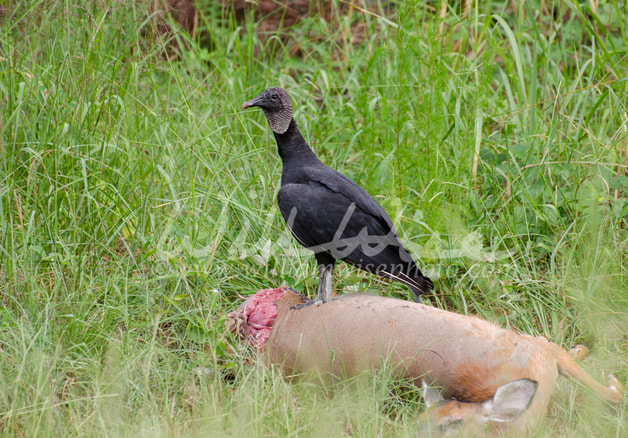 Black Vulture on roadkill Deer Walton County Monroe Georgia. Support my work by downloading this photo at www.dreamstime.com. 100% of funds go back into shelter adoption photography and education programs. (Photo #201608057) Wednesday, 8:54 AM - I know it is disgusting, but it is still a marvel of God’s creation to me. On my way in to work this morning I spotted this lone Black Vulture (Coragyps atratus) enjoying a venison breakfast on Jim Daws Road. I drove past him, but decided to turn around and go back for a photo. And why not? Can’t we be amazed by even the “gross” things? Walton County, Georgia  Creation Speaks is a Biblical teaching ministry that uses nature writing and photography to glorify our Creator and teach the truth of creation. “But ask the animals, and they will teach you, or the birds in the sky, and they will tell you; or speak to the earth, and it will teach you, or let the fish in the sea inform you. Which of all these does not know that the hand of the Lord has done this?" Job 12:7-9 "We live in the face of death, but it has resulted in eternal life for you." 2 Corinthians 4:12 New Living Translation Wednesday, 11:16 AM - Nature does not always live up to the romantic notions we have of a calming, peaceful walk in the woods, along pristine trails, besides pure waterfalls. Within the wild, we are often confronted with the harsh reality of survival and death. Though we spend much unconscious effort pushing the reality of death out of our view and consciousness, the certainty of death ever surrounds us. On a hot, muggy Wednesday afternoon I walked to the gravel road that circles the upper pond. Wiping sweat and spider webs from my face as I walked among the dry, dead leaves and pine needles crunching underneath my feet I noticed a morbid scene: the remains of a Blue Jay. It was just a pile of feathers; no bones; no body; no blood. The scene brought up many questions, but only two facts could be ascertained: it was a BlueJay, and it was no longer alive. The scene seemed to raise more questions than it answered. What got it? How did it get it? Was it a fledgling or an adult? Where was the body? Was it plucked and then eaten? Why didn’t it consume the feathers? How could a bird with the capability of flight get caught? Was it caught by another bird, like a hawk? The questions could flow unending. Death often raises questions, especially when it is that of a younger person we feel it was too early to lose. Why did she have to die? Why did God take them? What happens after death? Where do we go when we die? Why happens to our body? Does our mind live on? What can I do to live longer? Even the Christians of Paul’s day had questions in the face of death: “But someone will ask, ‘How are the dead raised? With what kind of body do they come?’”[i] While considering this photo of the Jay’s remnants and being faced with a journaling ‘dead end’, on a random urging, I put my journal away and flipped to a random entry in the book More than Words. That random entry happened to be “death”. It read, “The death of the body, of course, occurs when physical life leaves it. The Old Testament recognizes the fact that we all die. But the death of Jesus Christ brought about an enormous change in the way Christians think about death. The New Testament teaches us that Christ Himself experienced death and in so doing destroyed its power: He rose from the dead.” Though death can raise many questions, the death and resurrection of Christ are great and certain facts. “For I delivered unto you first of all that which I also received, how that Christ died for our sins according to the scriptures; And that he was buried, and that he rose again the third day according to the scriptures.”[ii] Though it seems contradictory and is truly a paradox, it is nevertheless true: life comes from death; and nature teaches us as much. It may seem cruel, but some other animal goes on living, nourished by the death of this Jay. It is cruel, but by Jesus’ death comes our life. And not only eternal life, but a more fulfilled life in the present. Although we must still be prepared to meet God, the Christian does not need to be afraid and walk his entire life in anxiety, questioning death. As Paul again wrote, “O death, where is thy sting? O grave, where is thy victory? But thanks be to God, which giveth us the victory through our Lord Jesus Christ.” [iii] [i] 1 Corinthians 15:35 English Standard Version
[ii] 1 Corinthians 15:3-4 [iii] 1 Corinthians 15:55, 57 King James Bible  William Wise Photo Nature Notes is a wildlife, landscape, birding and nature photography blog documenting the beauty, design and wonder of God’s creation. "Thou art worthy, O Lord, to receive glory and honour and power: for thou hast created all things, and for thy pleasure they are and were created." Revelation 4:11 During the hot and humid summer months here in Georgia, the air conditioner in our office has been working overtime but manages to keep things quite chilly indoors. Each morning, the window on the front door of the building is fogged and dripping with condensation. The same happens to my camera lens as soon as I walk outside. It can be an irritatingly long wait for the lens to clear. This morning, I sat on the edge of the pond waiting for the condensation to clear from my lens to grab a shot of a nearby egret. But instead of impatiently wiping the lens, which usually doesn’t work, I used the fog as a filter to open a new world upon the wildflowers. Although I’ve never taken the time to try, I’ve read articles about creative lens filter techniques. From spraying water droplets on the lens, to taping yard or fishing line in front of it, anything can serve as a filter. You could even try smearing some oily ointment on the lens… but I recommend putting on a cheap UV filter first! You can even breathe on your lens to get the same foggy effect created by my rapid move from air conditioning to humid air.
Be creative. If it doesn’t work, who cares! The filters are free and the delete button works magic!  William Wise Photo Nature Notes is a wildlife, landscape, birding and nature photography blog documenting the beauty, design and wonder of God’s creation. -- "God gave Solomon very great wisdom and understanding, and knowledge as vast as the sands of the seashore. He could speak with authority about all kinds of plants, from the great cedar of Lebanon to the tiny hyssop that grows from cracks in a wall." I Kings 4 Tuesday, 9:17 AM - I am constantly looking for wildlife to photograph. My camera accompanies me everywhere: on hikes, walks, and even at the ready in the passenger seat of my vehicle each day. But how often, because I am always looking for wildlife, do I fail to see other wonders of creation around me? Animals are unpredictable; I never know when I’ll capture (or miss) a great shot. But the majority of the time, nothing is encountered when I’m out looking for wildlife. Like the deer hunter who trudged into the woods at 4 AM only to come home without ever firing a shot, the wildlife photographer can also feel frustration spending hours in the field without a single photograph to show for it. This morning was no different as far as the wildlife was concerned: I didn’t find anything I was looking for. But, something was different this morning. I didn’t find that for which I was looking; but I saw. I saw different subjects; equally beautiful subjects. I’m not a bug or flower photographer. I’ve walked past wildflowers on many occasions without notice. That’s not what I’m looking for. But this time, they caught my attention. Rather than looking, I saw; and some beautiful images were captured. So instead of going out looking for something in particular, I’ll go out and see what is there. Let the beauty come to me. Stop looking and see! The religious leaders of Jesus’ day failed to see their Savior because they were looking for something else. They eagerly anticipated a leader that would bring political independence and freedom from Rome’s oppression. They were looking for a Messiah with a scepter; and therefore they failed to see a servant-messiah ‘meek and lowly in heart’ (a self-description of Jesus, Matthew 11:29).
Looking is active; we usually only find that which we seek. Seeing is passive; we are brought to discover what we would normally miss because of our biased expectations. When we look with preconceived expectations, we fail to see. How many have failed to see Jesus because they were looking for something else? The evidence for our Creator and Savior is everywhere. Can you see it? Or are you looking for something else?  William Wise Photo Nature Notes is a wildlife, landscape, birding and nature photography blog documenting the beauty, design and wonder of God’s creation. -- "What a wildly wonderful world, God! You made it all, with Wisdom at Your side, made earth overflow with your wonderful creations." Psalms 104 The Message Monday, 3:15 PM - When days here at the shelter get this stressful (21 dogs impounded in the last 3 days) I can get to the point where I want to snap, or at least get snappy with everybody. It is not easy to balance out a shelter, avoid euthanasia, coordinate adoptions and rescues, and still take Facebook flack for the dogs that don't make it out alive because nobody was interested. I survive, relieve my stress, and relax by taking walk breaks up to the ponds and woods behind the shelter.
How many photos can I take of plain old ordinary Canada Geese? Well, this bunch that came in for the afternoon on Monday looked so calm and relaxed (as compared to my upset disposition) as they preened and rested that it warranted a photo. Relaxation therapy for a stressed animal shelter director! Walton County, Georgia Monday, 3:23 PM - The vernal pool that connects the upper pond with the swampy area behind the firing range has gotten quite low because of the lack of rain. (Once again, Georgia is under a drought notice.) The shallow water covered in green scum and slime bubbles, the buzz of cicadas and mosquitos, and the stifling humidity give the pond a bog-like atmosphere. One little turtle with slime clinging to his shell decided to climb out of the muck and sun himself on a deeply textured brown driftwood log. Instead of simply taking a pretty picture and confirming what I already know, I decided to do a little research and learn something new about this “green scum”. Duckweed (Lemna spp.) is considered one of the smallest flowing plants, although their tiny white flowers are seldom seen. A closer look at the “muck” revealed it isn’t gross or slimy at all; it is a tiny clover-like leaf called a thallus. It is very high in protein and therefore a favorite food of waterfowl, especially surface-feeding ducks such as mallards, teals, and wood ducks (a few of which I’ve photographed in this very pond). There have even been some efforts to “farm” duckweed for human consumption. The large mats of Duckweed, containing hundreds of thousands of individual thalli, can completely cover ponds and thus choke out any bottom vegetation. A look back at my photo reveal banks along the now receding waters devoid of any vegetation.
I’m not certain if this is the cause of the ‘slime bubbles’, but one source states that Duckweed produces "turions" which sink to the bottom where it produces a tiny bubble of gas which causes it to float to the surface where it forms a new thallus. Walton County, Georgia Source: https://www.nps.gov/miss/learn/nature/duckweed.htm  William Wise Photo Nature Notes is a wildlife, landscape, birding and nature photography blog documenting the beauty, design and wonder of God’s creation. “But ask the animals, and they will teach you, or the birds in the sky, and they will tell you; or speak to the earth, and it will teach you, or let the fish in the sea inform you. Which of all these does not know that the hand of the Lord has done this?" Job 12:7-9 Thursday, 9:01 AM - An attuned ear will frequently hear the loud rattle-like voice of Belted Kingfishers (Megaceryle alcyon) patrolling ponds and waterways for fish. Occasionally one will take a fishing break and sit long enough for a photo, as this one did, perched upon the post of an old duck nesting box behind the animal shelter. I’ve had the privilege of watching one of these amazing birds take its characteristic headlong dive into the water from a branch overhanging the pond and come up with a large fish. As I watched him swallow this fish that I assumed was too large a catch to slide down his throat, I was amazed at his fishing skill. Truly, a king fisher! The origin of the name isn’t certain. But, as it is certain that this bird is adept at fishing, the appropriateness of the moniker is obvious. However, since many other birds are also quite good at catching fish, another theory is that some monarch with an affinity for the bird gave him the name: thus, the King’s Fisher. I can’t help but think of King Solomon’s “three thousand proverbs which spoke of trees, beasts, birds, creeping things, and fishes.”[i] In fact, the Oxford English Dictionary states the name was originally written as The King’s Fisher (“kyngys fischare” in Middle English).[ii]
BE VOCAL! Kingfishers are quite vocal and are often heard long before they are seen. They almost always make their presence known by a loud, rattling call. The Cornell Lab of Ornithology states, “Male and female Belted Kingfishers give strident, mechanical rattles in response to the slightest disturbance.”[vi] I can always hear a Kingfisher from my office if there is one on the shelter pond. As Christians hoping to win souls for our King, we should be just as vocal about the saving grace of Jesus everywhere we go. Our presence and evangelistic desire should never be hidden. As Paul said, “If our gospel is hid, it is hid to them that are lost.”[vii] DIVE IN! The Kingfisher’s mode of catching fish is also an inspiration. They plunge headfirst directly from a perch, or, by hovering over the water bill downward, dive in after a fish they’ve spotted. Oh how many more souls we might win if we were to dive headfirst into every situation declaring the Gospel! A “pool” of souls on a city bus? Dive in head first and preach! A “school” of fish? Take a plunge and declare the word of God no matter what the teachers might say! After all, we are the King’s Fishers, and “Peter and the other apostles said, We ought to obey God rather than men.”[viii] [i] 1 Kings 4:33 [ii] https://www.quora.com/How-did-the-kingfisher-bird-get-its-name [iii] Matthew 4:19 [iv] Luke 5:4 [v] John 21:6 [vi] https://www.allaboutbirds.org/guide/Belted_Kingfisher/id [vii] 2 Corinthians 4:3 [viii] Acts 5:29 |
Categories
All
Archives
July 2025
|
|
All content is ©williamwisephoto.com. Please don't steal images. My images are available at dreamstime.com. Stock sales go into the shelter photography program.
|
In December 1993 I came to know the Designer and Creator of this wonderful planet and its creatures: Jesus Christ.
|
Donations help support the animal shelter adoption photography equipment and adoption website hosting and domain fees. Thanks for your support!
|
